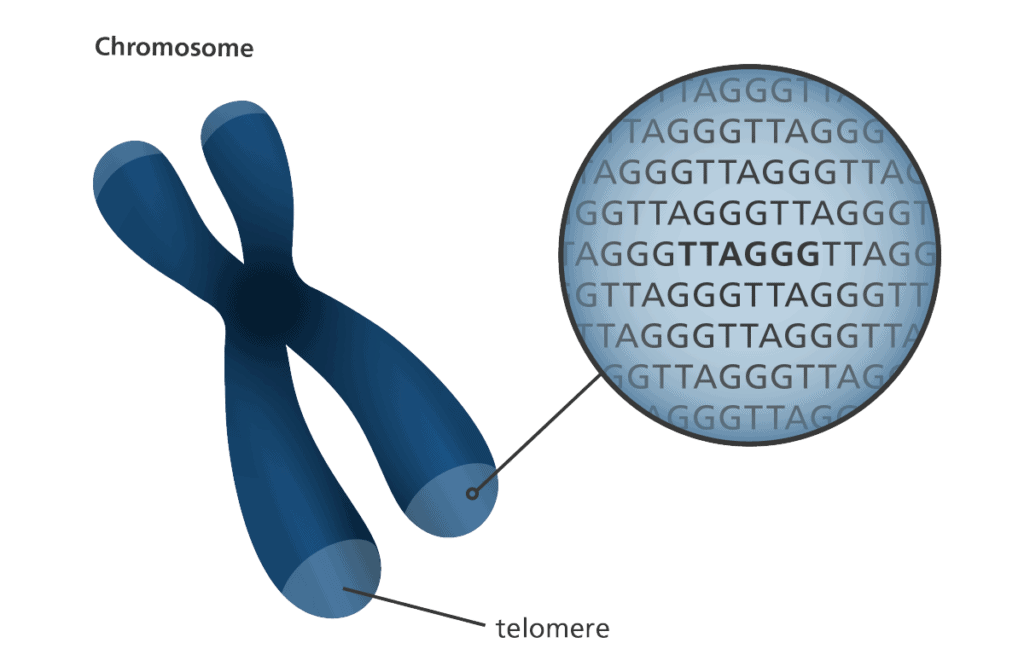Most people think of healthy aging as a measure of quantity, like reaching centenarian status. Healthy aging is actually both quantity and quality. Quite frankly, I’m far more concerned with the quality portion rather than quantity. To me, longevity is more than just the prevention of disease and living to see another birthday. That’s all well and good, but I want to be looking and performing like Yoel Romero is at age 41. Romero recently fought for the UFC Middleweight title and lost a controversial decision, yet as his age remains one of the most athletic and physically imposing fighters on the roster.

We now know that there is both a genetic and lifestyle component to aging. Previous thought was that aging occurred after reproduction. Makes sense from an evolutionary perspective, where the purpose of life is simply to pass on your genes to a new generation. To me, it just appears that having kids in general ages the hell out of you but I digress. This idea has since been debunked by science and replaced by new theory.
The genetic component of healthy aging holds high merit. Research shows that individuals with family members who live a long life have a clear advantage of the general population. Good news for me, as my great grandmother lived to 104 and grandmother to 92. If your family tends to kick the bucket at a young age fear not, it is estimated that only about 25% of the variation in human longevity is due to genetic factors (I suppose it’s a matter of opinion whether you think 25 is a large or small figure).
Due to his impressive physique at his age, Yoel Romero is often accused of performance enhancing drug use. On the Joe Rogan podcast he said something that was interesting. Verbatim it was:
“Come to Cuba for maybe 20 days. I want people to see. The genetics of Cubans… not even the athletes, just normal people is incredible. People there don’t have the money for steroids.”
But why? What is going on at the genetic level in these individuals that experience a long life and good health?
The reason for longevity differences at a genetic level is due to something called a gene polymorphism. A polymorphism is simply a genetic variation from the norm, and it could be both good and bad. These specific genes associated with good health and longevity are usually involved with the proper maintenance and basic metabolism of the cell. They are helpful with DNA repair, telomere conservation, heat shock response, and management of free radicals. All of that sounded reasonable but I’m sure you’re wondering what the hell a telomere is. A telomere is simply a cap at the end of your chromosome that protect your DNA from damage.

An example of a positive genetic polymorphism is the FOXO gene, which is associated with longevity. A negative polymorphism would be the APOE gene, which is linked with a predisposition to Alzheimer’s. These individual polymorphisms and their associations, good or bad, sometimes don’t completely hold true in large populations though. Basically, more research needs to be done. However, most correlative studies indicate that the genetic factor with healthy aging is apparent.
What about the stuff we can control? What can we do from a lifestyle perspective to increase longevity? Life expectancy has increased dramatically in the past century due to modern medicine and better access to safe drinking water and food. Okay that makes sense, we got rid of the stuff that was killing us. But what can we do to increase healthspan (healthy lifespan)? Every research paper and video I’ve digested comes back to the same thing. Calorie restriction. Told you you would be disappointed. Sorry, there’s no life hack or easy way out at the moment.
Dietary restriction triggers a genetic response that postpones aging. See, it still comes down to genetic modification at the end. But now, we’re discovering what we can control from a lifestyle perspective rather than just being chained to our genetic fate. Your genes are not necessarily your destiny. You may have a specific “bad” gene like the APOE gene we referenced earlier. However, even though it’s there it may not be expressed due to positive dietary or lifestyle changes. Just because you were dealt a bad hand doesn’t mean you can’t still win the pot.
It has been stated that nutrition can alter risk for disease that rivals even pharmaceutical intervention. Without sounding like a hippie, I’ve always believed in the power of holistic medicine or “let food be thy drug” (to a reasonable degree). Diets consumed by healthy, long-living individuals include the Okinawan and Mediterranean diets. Their calories are limited and they eat a wide range of nutrient-dense whole foods. Again, not rocket science here. Also my apologies to the anti-carb community, but these diets shared by the healthiest people in the world are moderate if not high in carbohydrate consumption. Sweet potatoes, rice, beans, legumes, vegetables, and fruits are all consumed on a regular basis. In general the foods eaten are nutrient dense yet low in calories. These diets are believed to modulate the biological pathways linked with aging.
One thing to consider is that the Okinawa and Mediterranean diets are normally consumed by individuals living in those regions (obviously). Is there something to that? Is there something to eating foods native to where your ancestors are from? Some suggest that eating based on your ancestry is a good health strategy, and I’m excited to see more evidence linked to this theory.
A method of dietary restriction that is gaining popularity with regard to healthspan is fasting. Fasting is obviously a very intense form of calorie restriction, but there’s a little more to the science than just eating less calories. If you fast for an extended period, usually 24 hours minimum, it leads to a natural process called autophagy. Autophagy is basically the recycling of old cells for new ones. In other words, cellular waste from old dying cells is used by healthy cells for energy. It’s often called cellular recycling; the strong cells become stronger by “consuming” the weak ones.
Disappointed? I’m sorry, but there’s no fountain of youth. As far as we know the keys to longevity are calorie restriction and a nutrient dense diet. Vitamin D and Magnesium appear to be of significant importance due to their roles in vital biological functions coupled with the massive under-consumption in the current Western diet. Vitamin D is prevalent in fish, lean meats and dairy. Magnesium is found in nuts, spinach, seeds, and many other foods. A life of balance seems to lead to good things, but it’s the answer no one wants to hear. We want things to be at extremes, to be black and white, but that’s simply not the case with health.
Recent Posts
Stretching Before Workouts: Essential Warmup or Performance Killer
“Don’t stretch before workouts, your muscles become too supple” “Stretch before your workouts, warming up is important” It's conflicting advice like this that drives people crazy,...
Best Protein Bar For the Money | Cost Effective, High Quality
Protein bars are no longer a supplement dedicated to diehard gym rats, with awful taste and the consistency of a brick. Men, women, and even teenagers can commonly be seen eating protein bars. The...
